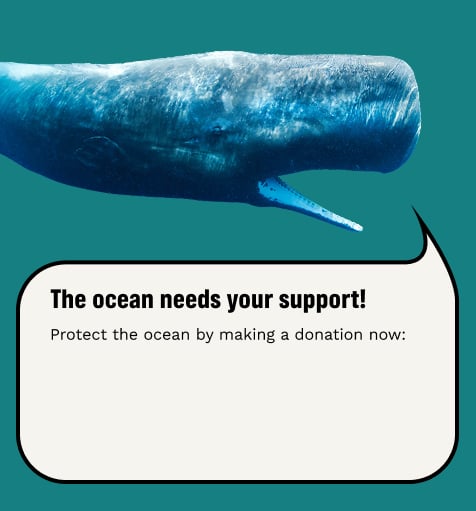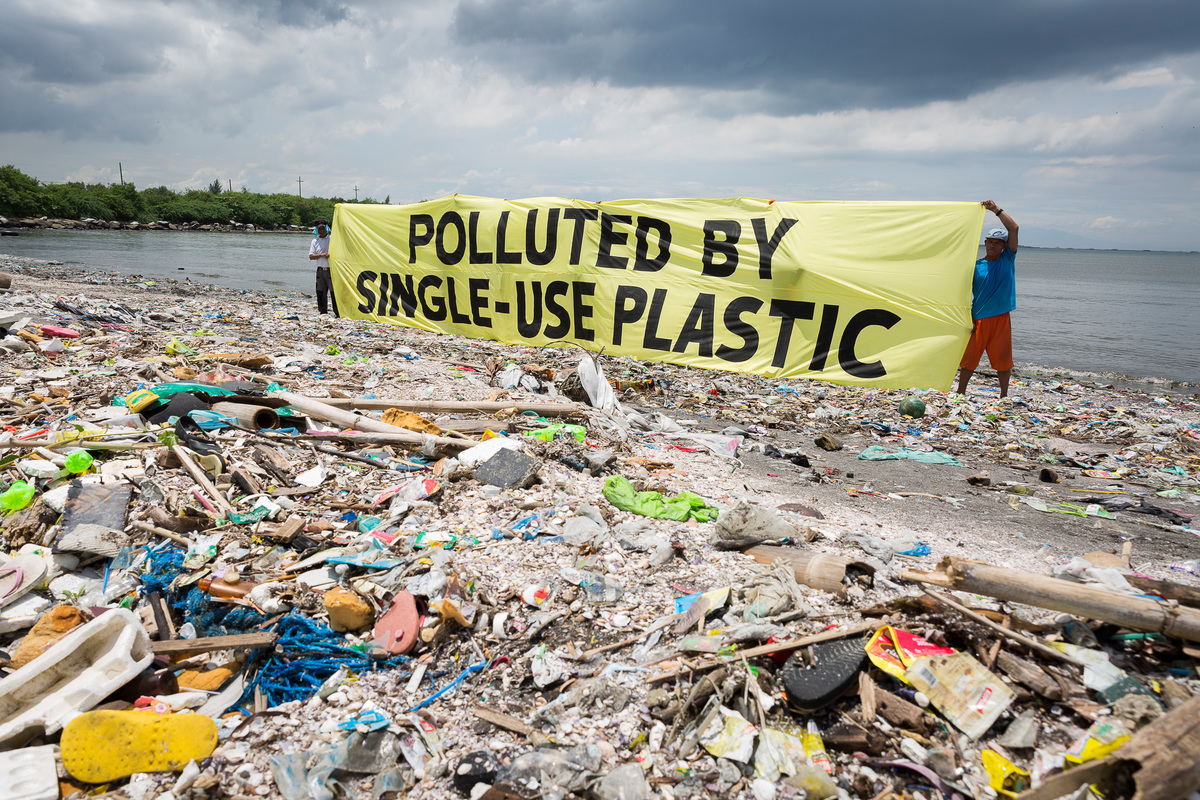- Plastic pollution is one of the most damaging environmental issues of our lives
- The effects of plastic waste on animals are widespread and deeply concerning
- Plastic ingestion, entanglement, habitat degradation, chemical contamination – all damage our planet, its wildlife and the ecosystems
Table of contents
Plastic pollution has emerged as one of the most devastating environmental issues of our time. As plastic polluters like Coca-Cola sell a billion single-use plastic bottles in Aotearoa each year, the devastating impact of plastic pollution on wildlife becomes increasingly evident and deadly.
It’s clear that trying to deal with the endless stream of plastic just isn’t working. We need to stop plastic production at its source!
The plastic pollution crisis is a global problem that needs a global solution!
PETITION: Global Plastics Treaty
(You can sign this petition without leaving the page)
So how does plastic pollution affect wildlife?
From marine ecosystems to terrestrial habitats, the effects of plastic waste on animals are widespread and deeply concerning. One of the most disturbing consequences of plastic pollution is wildlife’s ingestion of plastic. Animals often mistake plastic debris for food, leading to dire consequences.
So, how does plastic pollution affect wildlife?
Plastic ingestion
Marine creatures like sea turtles, whales, and seabirds like the toroa (Royal Southern Albatross) may ingest plastic bags, bottle caps, and other plastic fragments. These indigestible materials can cause blockages in their digestive systems, leading to starvation, malnutrition, and even death.
Plastic particles can also accumulate toxins over time, posing additional health risks to animals that consume them.
Our call for the single-use plastic bottle to be banned followed the devastating death of a majestic toroa who died due to complications from swallowing a whole plastic bottle. It spawned the support of more than 100,000 people who signed the petition calling for a ban on single-use plastic bottles and for refill and reuse systems to be implemented.
Entanglement and injuries
Discarded fishing nets, plastic ropes, and packaging materials are hazardous to wildlife due to the entanglement they cause. Sea turtles, seals, and seabirds can become trapped in these materials, resulting in injuries, amputations, and a slow and painful death.
The physical entanglement disrupts animals’ ability to move, hunt, and feed, thereby impacting their overall survival and reproductive success.
Habitat degradation
Plastic pollution not only directly harms animals but also contributes to habitat degradation. As plastic waste accumulates in ecosystems, it disrupts the natural balance and functioning of habitats.
Coral reefs, for instance, are critical marine ecosystems that suffer from plastic pollution. When plastic debris smothers corals, it prevents them from receiving essential sunlight, stifling their growth and weakening the entire ecosystem that relies on them.
Chemical contamination
Plastics are composed of various chemicals, many of which are harmful to both humans and animals. When plastic waste breaks down into smaller particles, known as microplastics, these particles can absorb and concentrate toxic pollutants from the surrounding environment.
As animals consume these microplastics, they inadvertently ingest these pollutants, which can disrupt their endocrine systems, cause reproductive issues, weaken immune systems, and potentially lead to long-term health problems.
In 2021, a University of Waikato study revealed “extremely high levels” of microplastics around Bay of Plenty moana. University of Waikato master of science student Anita Lewis found the particles in every sediment sample she took from across the region, between Tauranga Harbour and the eastern coast to Maketu and Ōpōtiki. The findings sparked health concerns for the people who live in the marine ecosystem.
At the time, Greenpeace Aotearoa plastics campaigner Juressa Lee said: “The findings are horrendous; there was not one area sampled where microplastics were not present. There were particularly high levels in shellfish, including tuatua, cockles and wedge shells.”
Ban the bottle now!
Plastic pollution’s impact on wildlife is a grave concern that demands immediate attention and concerted efforts. The alarming consequences of plastic ingestion, entanglement, habitat degradation, chemical contamination and ecosystem disruption paint a bleak picture of the state of our planet’s ecosystems. However, it’s not too late to reverse the damage.
Using less plastic and making sure to recycle helps. But it isn’t enough. We need to stop plastic production at the source. We’re calling on the government to ban plastic bottles. Join the movement.
Collective action, policy changes, and individual choices are vital to combating plastic pollution and safeguarding the well-being of wildlife. By working together to reduce our plastic footprint, we can ensure a healthier and more sustainable future for both animals and the planet as a whole.

Call on the NZ Government to ban unnecessary single-use plastic bottles* in NZ, and to incentivise reusable and refillable alternatives.
Take Action




